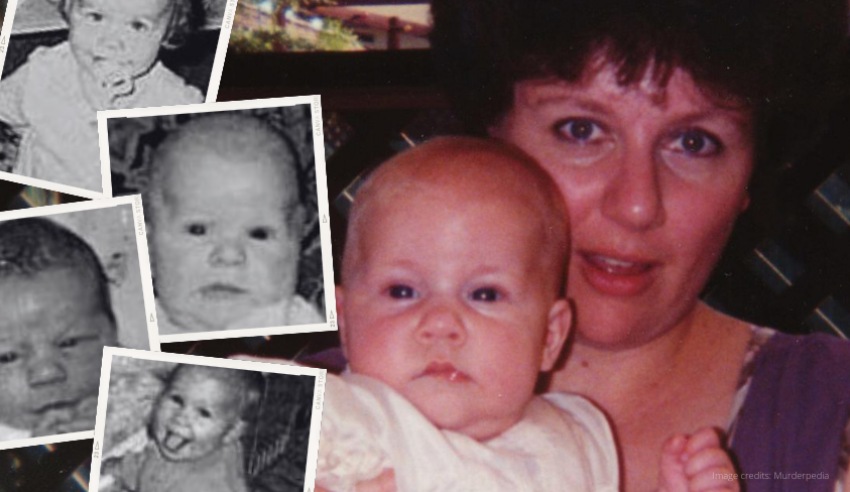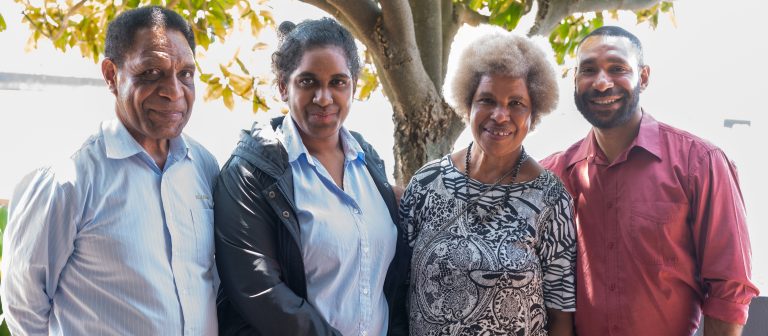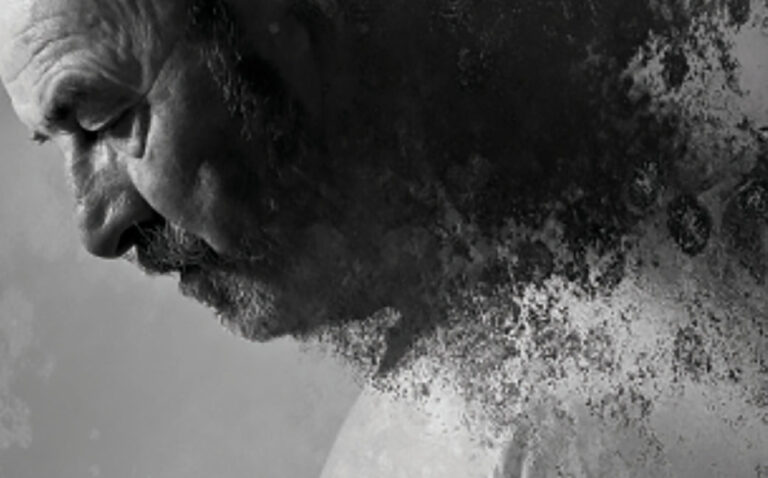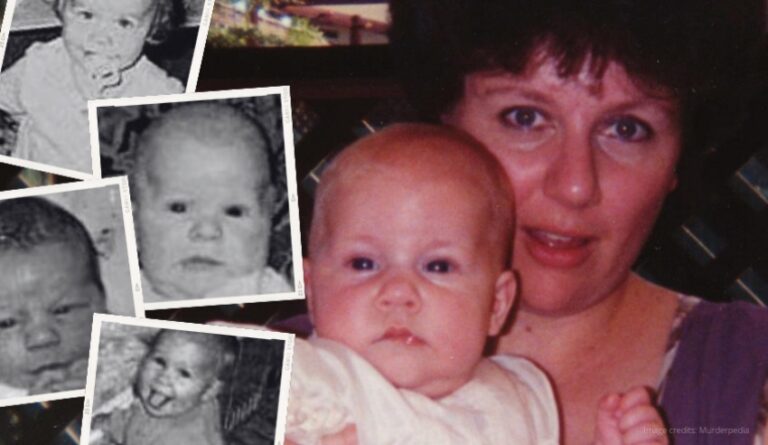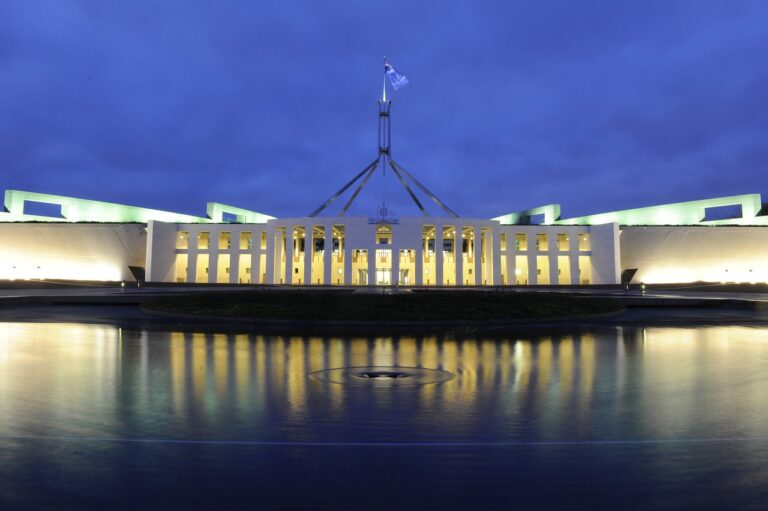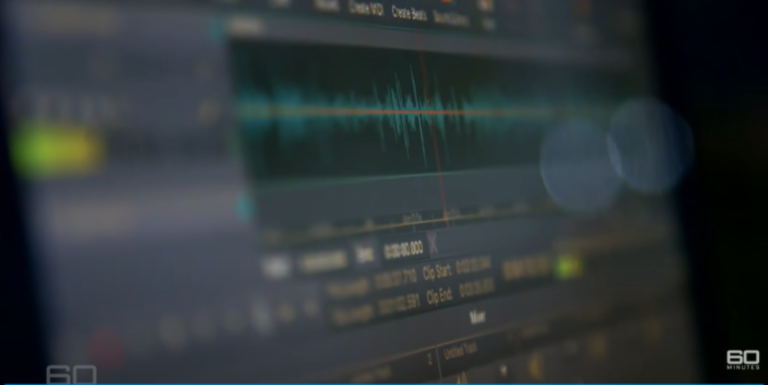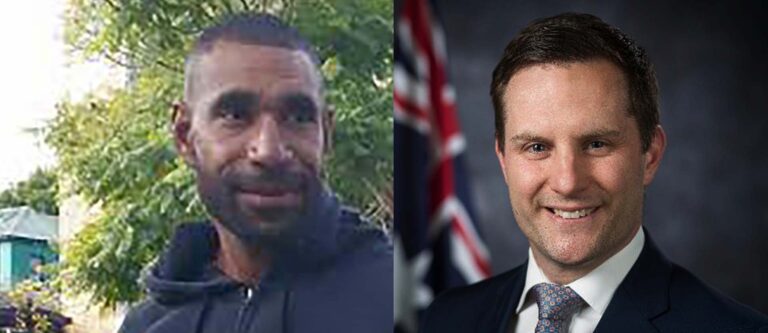Kathleen Folbigg’s legal team request an inquest.
Kathleen Folbigg’s battle continues. Her legal team is now requesting an inquest into the deaths of her four children to run alongside the application for a pardon.
Read the article by Rachael Brown copied below or on the ABC’s Background Briefing.
Kathleen Folbigg’s lawyers request inquest into deaths of her four children
- Kathleen Folbigg was convicted in 2003 over the deaths of her four children
- The Australian Academy of Science has written to the NSW Attorney-General arguing in favour of Folbigg’s innocence
- A former solicitor-general for Australia has joined her legal team
If the coroner approves the request, it could breathe new life into Folbigg’s hope of release.
She was convicted in 2003 of the murder of three of her children, and the manslaughter of a fourth.
She is serving a 25-year non-parole period.
Folbigg has maintained her innocence, and her supporters and more than 150 scientists have raised doubts about her convictions.
But her hopes of freedom currently hinge on a petition for an official pardon, which has now been sitting on the desk of NSW Attorney-General Mark Speakman for more than a year.
“Kath’s told me nobody appears to be listening to any of the scientists, the linguists, the medical and mental health experts …,” Ms Chapman told the ABC.
“This is just devastating and astonishing. That the experts who have looked deeply at this case can be ignored should scare us all.”
The children’s deaths
No coronial inquests were held after the deaths of the four Folbigg children, who died between 1989 and 1999: Caleb (aged 19 days), Patrick (eight months), Sarah (10 months) and Laura (18 months).
Despite autopsies finding no signs of murder, police started looking into Folbigg when Laura’s death was recorded as “undetermined”.
Folbigg has told a childhood friend, Tracy Chapman, that she hopes a coronial inquest will help set the record straight.
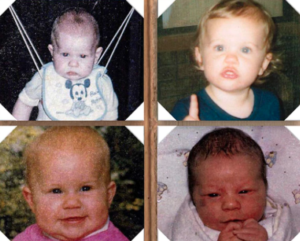
Folbigg was charged two years later, and at her 2003 trial the prosecution argued she must have smothered her children.
The prosecution invoked the spirit of the now-debunked Meadow’s law that one infant death in a family is a tragedy, two is suspicious, and three must be murder until proven otherwise.
Since her conviction, various appeals have failed.
But scientific evidence was raised at a 2019 inquiry showing the two Folbigg girls — Sarah and Laura — had a genetic mutation which might have killed them.
Scientific study of the exact genetic mutation — which would end up confirming its lethality — was not available in time for the inquiry finding.
That study was published in November 2020.
In July 2019, Commissioner Reginald Blanch ruled there was “no reasonable doubt” as to the convictions on the available evidence.
And he found that Folbigg’s journal writings were a “virtual” admission she had smothered her children.
It was Folbigg’s husband Craig who had alerted police to the journals. He had told them there were suspicious entries.
Craig Folbigg gave evidence against his wife at the 2003 trial, saying she was very stressed around some of the children.
Folbigg’s lawyers said her journal entries were cherrypicked; that the prosecution picked 30 words out of 40,000 to suit its case, when the entries were just the scribblings of a traumatised, grieving mother who felt she had failed when her children kept dying.
“People need to remember that there is someone in prison,” lawyer Rhanee Rego said.
“There needs to be a focus on the facts, the science and the medicine, and not on spurious comments based on speculation.”
Call for a coronial inquest
Folbigg speaks to her friend Ms Chapman, daily, from the Clarence Correctional Centre near Grafton.
Ms Chapman said Folbigg wanted a coronial inquest, to give her children the epitaph they deserved.
“The most important thing to Kath right now is that the cutting-edge science that proves her innocence will help other families deal with similar genetic anomalies, to avoid heartbreaking catastrophes,” Ms Chapman said.
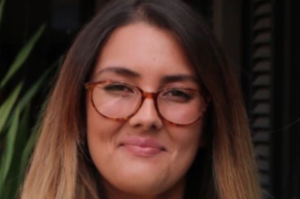
Folbigg’s legal team now has a new, eminent member: barrister David Bennett AC QC, former solicitor-general for Australia.
He is one of a growing number of people in the legal profession concerned that the case was wrongly decided.
“There are more than 150 scientists and doctors, many of them leaders in their fields, now saying there’s a genetic basis for the cause of deaths of Sarah and Laura, based on rigorous scientific evaluation,” Ms Rego said.
‘Science is being ignored’
On Friday, the Australian Academy of Science released a letter it had sent to the NSW Attorney-General stating: “The new indisputable genetic evidence establishes Ms Folbigg’s innocence beyond reasonable doubt.”
“The options before you are simple: respect the scientific and medical evidence that provide ample justification of the pardon of Ms Folbigg and demonstrate that you take seriously your responsibility to provide justice to the people of NSW or deny justice by denying science and place under a cloud the integrity of the NSW justice system,” says the letter, which is co-signed by the academy’s outgoing president, John Shine, and four other professors.
It is very rare for scientists, collectively, to comment publicly on a serious miscarriage of justice and support calls for a convicted person’s release.
But their petition for Folbigg to be pardoned comes after breakthroughs in understanding the calmodulin 2 (CALM2) gene, and its relationship with sudden unexpected infant death.
Studies have found variations in this gene can cause cardiac arrhythmias and fatal cardiac arrest in young children.
Folbigg’s lawyer, Robert Cavanagh, wants this reflected on the children’s death certificates, hence the request for a coronial inquest.
“We are asking the state coroner to make findings of natural causes of death for the four Folbigg children, based on the scientific and medical evidence in this case,” Dr Cavanagh said.
“The death certificates should reflect that Caleb’s diagnosis of death was SIDS, Patrick’s from epilepsy, and that Sarah and Laura died from a lethal genetic mutation.”
The petition
The petition for an official pardon, supported by the large cohort of eminent scientists and doctors including two Nobel Prize laureates, was filed a year ago.
It is up to the NSW Attorney-General to review the case and advise NSW Governor Margaret Beazley.
Folbigg’s legal team said they had received no indication how long his decision might take.
Any coronial inquest would run parallel to this pardon petition.
“We still remain hopeful that the Attorney-General will release Kathleen Folbigg shortly,” her lawyer Ms Rego said.
“Science and medicine have moved on, but the law hasn’t. It’s astonishing we are still here a year later, trying to get science heard.
“A coronial inquest, resulting in findings of natural causes of death from the state coroner will, however, no doubt make the road ahead clearer for Kathleen Folbigg, but would not result in her quick release.”
Mr Speakman has said he cannot comment on the petition for a pardon.
“As the Attorney-General will advise the Governor on the matter it would be inappropriate to provide further comment at this stage,” a statement to the ABC said.
Mr Speakman told the ABC Folbigg’s legal team was still sending him materials in December.
Folbigg’s legal team said they had only sent the Attorney-General additions he had asked for, and that he had a year to read the crux of their argument.
Folbigg’s future
Ms Chapman said a new coronial inquest would help rewrite history for her friend.
“Kath has been languishing in prison for 19 years now as an innocent woman,” Ms Chapman said.
“Hopefully recording that truth in this way brings Kath home, helps save untold numbers of other lives, and helps us all to be more humane and compassionate as a society.”
Ms Chapman said this was Australia’s biggest miscarriage of justice — bigger than Lindy Chamberlain’s case.
“And I’m not putting Lindy Chamberlain’s suffering down at all. The cases are as horrendous as each other,” she said.
“The public turned on them. It [the prosecutions] sort of gave them poetic licence to turn on these people.
“Do they still burn witches? Hell yeah, they do. It’s just now we burn reputations and we ruin their lives. We just don’t put them on a stake and light the match. But you might as well have.”
Folbigg has told Ms Chapman she now just wants to help others.
“She’s told me she has some closure now, some peace of mind.
“She says, ‘It’s a strange kind of closure knowing that science has proven I had no part in physically harming my children. But I still carry daily the pain and sadness associated with our family’s loss.’
“She now wants to help others avoid the same fate. We won’t stop pleading for everyone to listen to the science, because the truth matters.”
